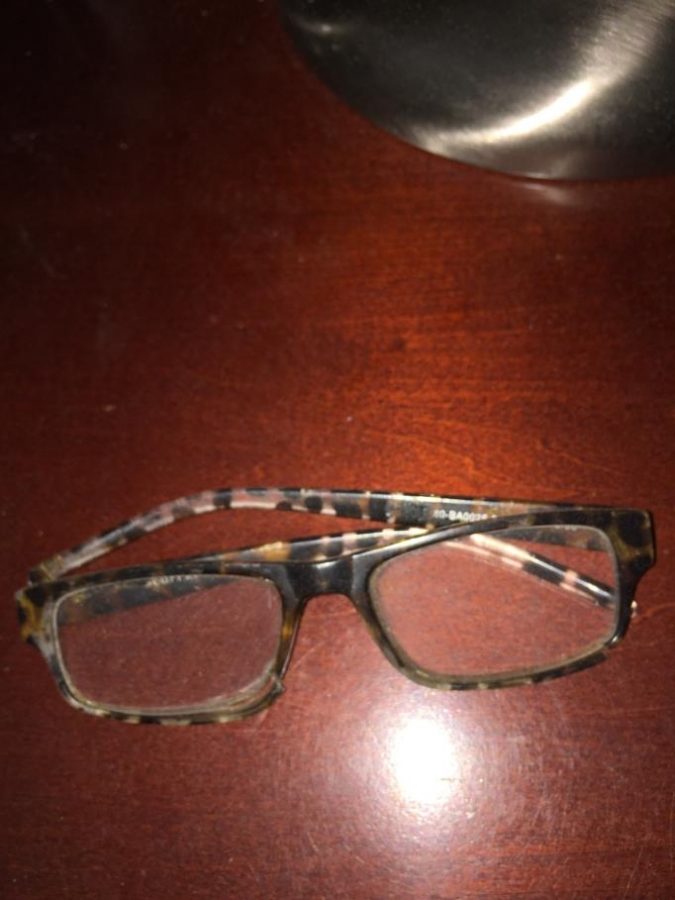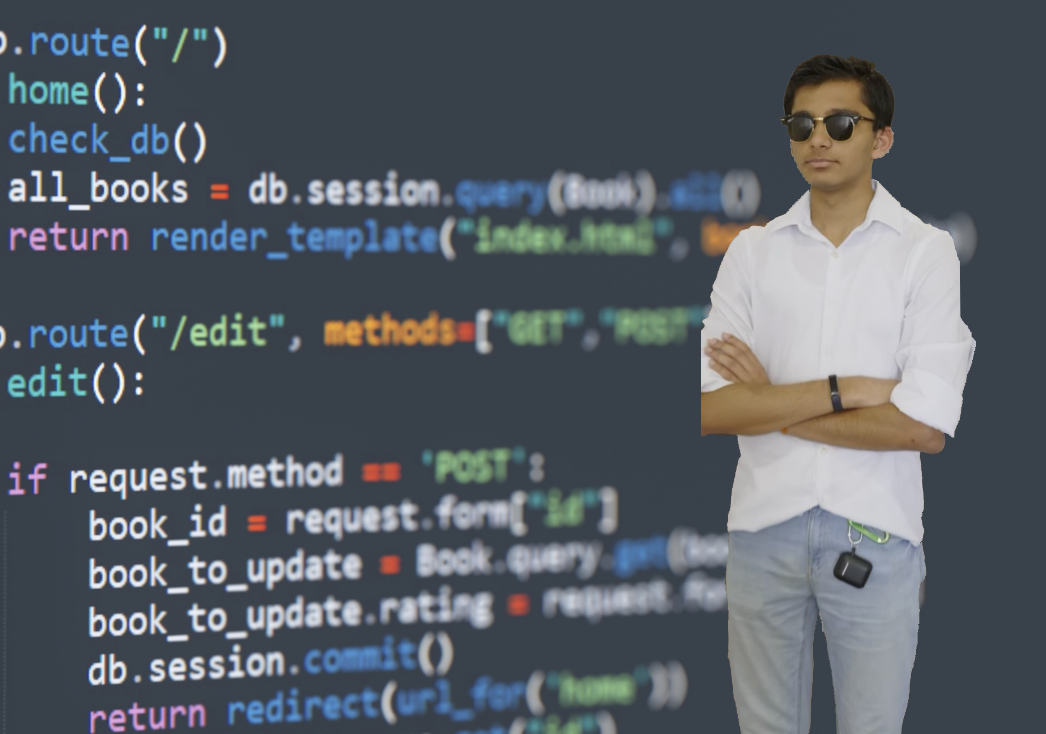Has student eyesight deteriorated after remote learning?
Students have experienced worsening eyesight due to extended hours of screen time.
August 22, 2021
Has student eyesight been affected negatively after a year and a half of remote learning, most of it via online tools such as Zoom and Google Chrome?
Long term exposure to screen time has been proven scientifically unhealthy for eyesight. Eye doctors recommend to take breaks when looking at the screen for a long duration of time.
“In an ideal world, no more than 3 hours of screen time per day,” said optometrist Dr. Lina Chan (O.D).
However, even professionals such as Dr. Chan acknowledged that most kids probably won’t stick to that rule, especially because “nowadays, homework is all online.”
Dr. Mira Lim (M.D) suggests the “20-20-20 rule,” reminding young adults to “take breaks every 20 minutes, look in the distance (20 feet away) for 20 seconds.”
However, due to the experience of remote learning, which required students to be online for attendance and schoolwork, students often had to spend ample amounts of time, if not their entire day in front of a screen for both schoolwork and entertainment.
Joe Dai (‘23), a member of leadership, talks about his experience over quarantine especially in relation to his eyesight.
“I wear contacts … before quarantine my eyesight was 500 degrees, and after it was 600,” said Dai.

However, not everyone seems to have undergone eyesight deterioration.
“There hasn’t been as many requests to move seats as there were in the past. In the past, it would be normal for someone to come up in the first week and say that they had poor eyesight or were hard of hearing … so no, I don’t think that there is much connection between last year and eyesight,” said APUSH teacher Mairi Wohlgemuth.
This may seem contrary to expectations that students’ eyesights would have actually deteriorated over a period of intense screen time, as just school alone accounted for nearly 4 or 5 hours of sitting in front of a computer screen a day on weekdays.
Pamela Lucero, the school nurse, has a possible explanation for this.
“It just wasn’t quite enough time for something like eyesight deterioration and also just the fact that students are young and more resilient. One year isn’t that long in the grand scheme of a human life,” said Lucero.
Many students also seem to appear in agreement with this statement.
“It [my eyesight] stayed pretty much the same. There isn’t much of a significant difference [before and after quarantine]. I just got an eye exam 2 weeks ago and nothing much changed,” said Omar Au (‘22).
The term “long term exposure” to screen time might have many myths surrounding it. For example, an eighteen month long period might not necessarily count as “long term” — at least relatively compared to the lifespan of the average human being.
That being said, remote learning was undoubtedly unhealthy for student’s eyesights, even if some of their actual vision was not affected greatly, as well as taking an exhaustive toll on students mentally.













![The outgoing EICs [left to right] Zenil Koovejee, Aileen Hu, Ritika Gupta, Zaynah Shah, and Audrey Combs take a picture with journalism advisor Wendy Connelly to commemorate their last banquet.](https://www.amadorvalleytoday.org/wp-content/uploads/2024/05/458E2D9A--600x451.jpg)

